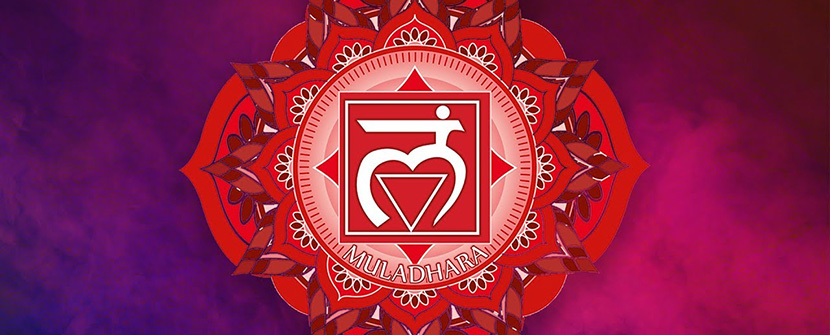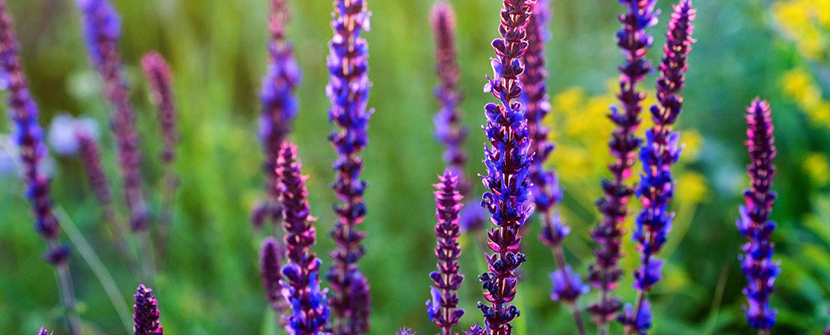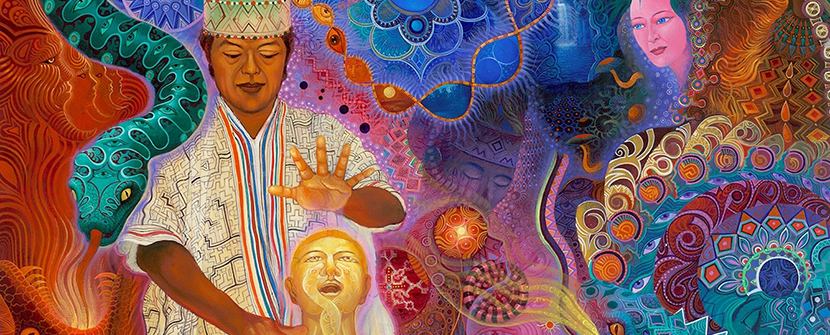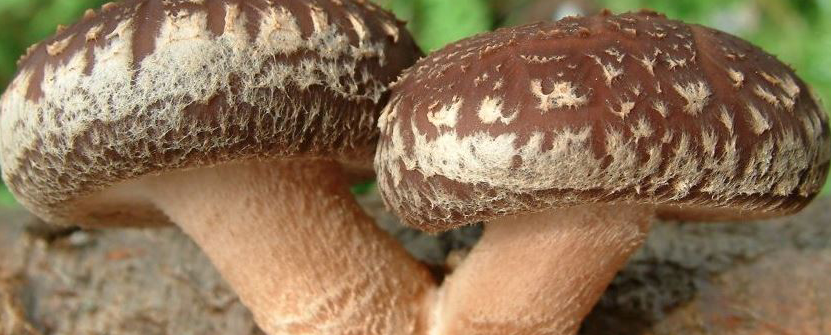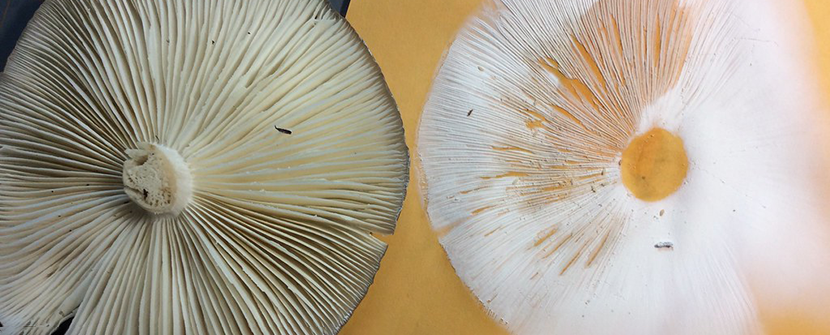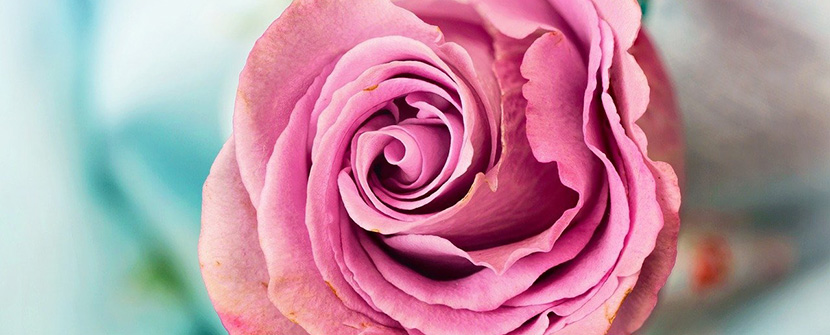
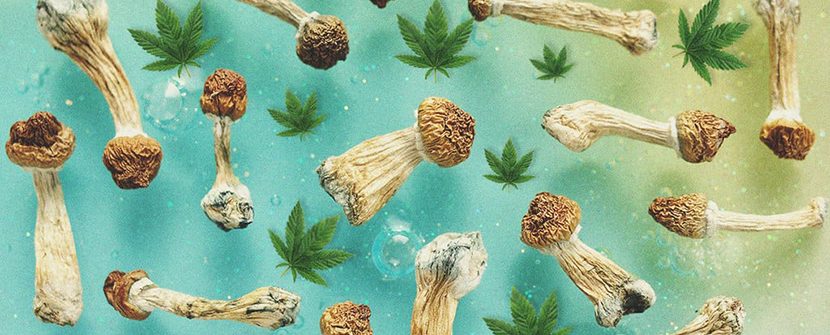
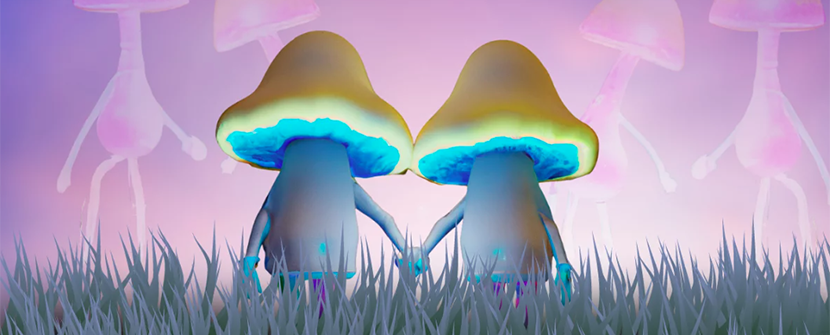
Psilocybin and Its Many Benefits
Psilocybin is a naturally occurring psychedelic compound found in certain species of mushrooms, commonly known as "magic mushrooms." It has been used for thousands of years by indigenous cultures in religious and spiritual ceremonies, and its use has become increasingly popular in modern times for its potential therapeutic benefits. In this blog, we will explore some of the many benefits of psilocybin and the current research being conducted in the field.
Physical health benefits
Recent research has shown that psilocybin may have potential physical health benefits. One study found that psilocybin may have anti-inflammatory effects, which could be beneficial for conditions such as arthritis, asthma, and inflammatory bowel disease. Another study found that psilocybin could reduce the severity and frequency of cluster headaches, a type of headache that is notoriously difficult to treat.
Mental health benefits
One of the most significant benefits of psilocybin is its potential to improve mental health. Studies have shown that psilocybin can alleviate symptoms of depression, anxiety, and post-traumatic stress disorder (PTSD). In fact, in a recent clinical trial, psilocybin-assisted therapy was found to be more effective than traditional antidepressants in treating depression. Psilocybin can also increase creativity, enhance feelings of well-being and empathy, and provide a sense of spiritual connection.
A 2020 study conducted by Imperial College London found that psilocybin therapy was effective in reducing symptoms of depression in patients with treatment-resistant depression. Participants in the study reported significant improvements in mood, with effects lasting up to six months after treatment.
A 2021 study published in JAMA Psychiatry found that psilocybin therapy was effective in reducing symptoms of anxiety in patients with cancer-related anxiety. Participants in the study reported significant improvements in mood and quality of life, with effects lasting up to six months after treatment.
A 2020 study conducted by the University of California, Los Angeles found that psilocybin therapy was effective in reducing symptoms of PTSD in patients with chronic PTSD. Participants in the study reported significant reductions in PTSD symptoms, with effects lasting up to one year after treatment.
Addiction Treatment
Another area of research for psilocybin is its potential to treat addiction. Studies have shown that psilocybin can reduce cravings and withdrawal symptoms in individuals addicted to nicotine and alcohol. It is believed that psilocybin can help break the cycle of addiction by promoting a shift in perspective and reducing the sense of self-blame that often accompanies addiction.
A 2020 study conducted by Johns Hopkins University found that psilocybin therapy was effective in reducing alcohol dependence in patients with alcohol use disorder. Participants in the study reported significant reductions in alcohol consumption and cravings, with effects lasting up to six months after treatment.
Improved Quality of Life in Terminally Ill Patients
Psilocybin has also shown promise in improving the quality of life in terminally ill patients. In a recent study, patients with terminal cancer who received psilocybin-assisted therapy reported reduced anxiety, depression, and existential distress. They also reported an increased sense of well-being, improved mood, and a greater appreciation for life.
Spiritual and Mystical Experiences
One of the most fascinating aspects of psilocybin is its potential to produce spiritual and mystical experiences. Studies have shown that psilocybin can induce feelings of awe, interconnectedness, and transcendence. These experiences can have a profound impact on individuals, leading to increased well-being, life satisfaction, and a sense of purpose.
In conclusion, recent research has provided promising evidence for the potential physical and mental health benefits of psilocybin. Studies have shown that psilocybin may have anti-inflammatory effects and may be effective in treating conditions such as cluster headaches. Additionally, psilocybin therapy has shown promise in the treatment of depression, anxiety, addiction, and PTSD. While further research is needed to fully understand the therapeutic potential of psilocybin, the current evidence suggests that it may be a valuable tool in improving the lives of people with various physical and mental health conditions.
However, it is important to note that psilocybin is a powerful compound that should be used under the guidance of a trained professional in a safe and controlled environment.

Psychedelic Art Therapy Benefits Mental Health
Psychedelic art therapy is a unique type of therapy that combines art-making and the use of psychedelic substances to help individuals explore and process their emotions, experiences, and thoughts in a safe and supportive environment. This type of therapy has been gaining popularity in recent years, as more people are becoming interested in alternative approaches to mental health.
What kinds of psychedelics are used?
The substances used in psychedelic art therapy are typically psilocybin or LSD, which are known for their ability to alter one's perception of reality and induce a sense of euphoria or transcendence. These substances are typically taken in a controlled and supervised setting, such as a therapist's office, to ensure safety and reduce the risk of adverse reactions.
How does it work?
During a psychedelic art therapy session, the individual may be encouraged to create art while under the influence of the psychedelic substance. The art-making process can help individuals access deeper parts of their psyche and explore their inner world in a unique and profound way. The therapist may guide the individual through the art-making process, using various techniques to encourage self-expression and exploration.
What are the benefits?
One of the main benefits of psychedelic art therapy is its ability to help individuals process and integrate difficult or traumatic experiences. The use of psychedelic substances can help individuals break down mental barriers and access deeper parts of their psyche, which can allow them to confront and process difficult emotions or experiences. The art-making process can then be used to help individuals express and externalize these experiences, which can promote healing and growth.
What conditions does it treat?
Psychedelic art therapy has shown promise in treating a range of mental health conditions, including depression, anxiety, PTSD, and addiction. However, it's important to note that this type of therapy is still considered experimental, and more research is needed to fully understand its efficacy and potential risks.
Additionally, the use of psychedelic substances in therapy is currently illegal in many parts of the world, and individuals should only engage in psychedelic art therapy in a legal and safe setting with a qualified therapist. Nonetheless, psychedelic art therapy represents an exciting new frontier in the field of mental health and offers a unique and innovative approach to promoting healing and growth.
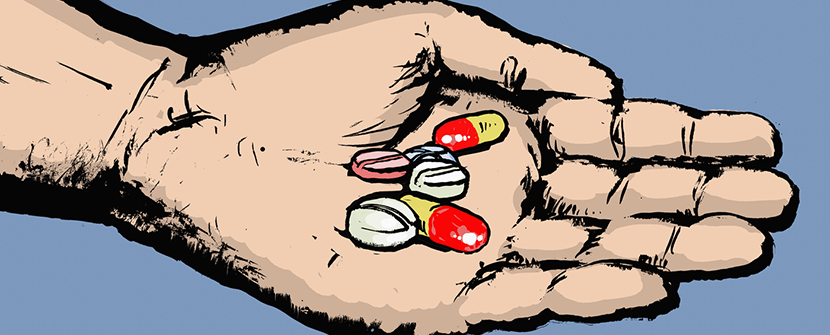
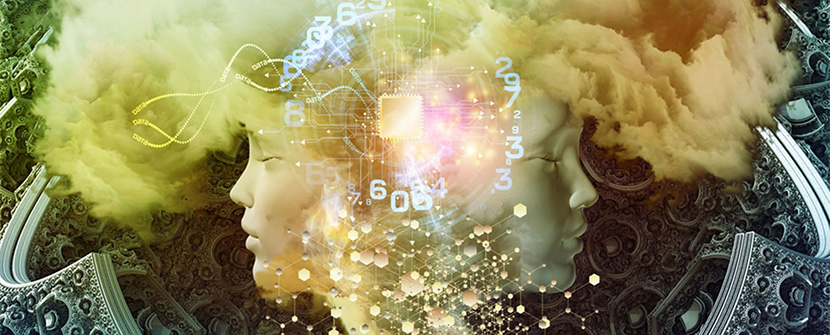



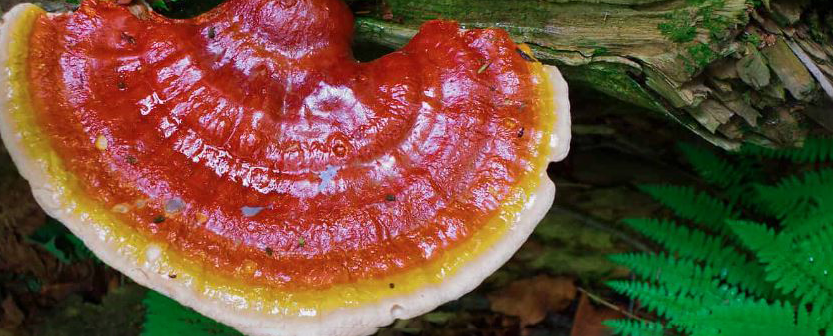
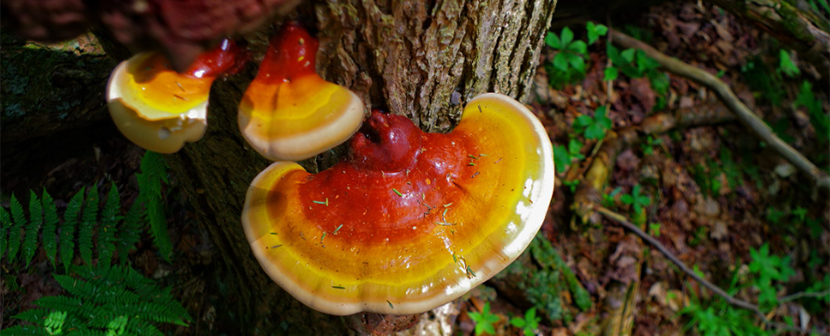
Reishi Mushrooms: Nature's Healing Treasure
In the world of natural remedies and functional foods, few things capture the imagination quite like the revered Reishi mushrooms. With a rich history dating back thousands of years in traditional medicine, these unique fungi continue to captivate modern-day health enthusiasts. Here are some of the distinct qualities that make Reishi mushrooms stand out and explore their potential benefits for overall well-being.
The Elixir of Immortality:
-
Reishi mushrooms, scientifically known as Ganoderma lucidum, have long been associated with longevity and vitality. In ancient Chinese culture, they were considered a symbol of immortality. While the literal immortality claim may be a myth, Reishi mushrooms are undoubtedly regarded as powerful adaptogens and tonics that support overall health and well-being.
Immune System Support:
-
One of the most significant benefits attributed to Reishi mushrooms is their potential to support the immune system. The presence of polysaccharides, particularly beta-glucans, in Reishi mushrooms has been linked to immune-modulating effects. These compounds may help activate and enhance the body's immune response, promoting optimal defense against harmful pathogens and aiding in maintaining immune balance.
Stress Reduction and Adaptogenic Properties:
-
Living in a fast-paced world can take a toll on our stress levels. Reishi mushrooms are celebrated for their adaptogenic properties, meaning they can help the body adapt and respond better to stress. By supporting the body's stress response system, Reishi mushrooms may promote a sense of calm, reduce anxiety, and enhance resilience during challenging times.
Potential Hormonal Balance:
-
While research on the specific effects of Reishi mushrooms on hormones is limited, preliminary studies suggest their potential role in hormonal balance. Hormonal imbalances can impact various aspects of women's health, including menstrual irregularities and menopausal symptoms. Reishi mushrooms may contribute to hormone regulation and overall hormonal well-being, but further research is needed in this area.
Antioxidant Powerhouse:
-
Reishi mushrooms contain a wealth of bioactive compounds, including triterpenes and antioxidants. These compounds play a crucial role in neutralizing harmful free radicals and reducing oxidative stress, which is associated with chronic diseases and aging. By incorporating Reishi mushrooms into your wellness routine, you may support your body's natural defense against oxidative damage.
Potential Anti-Inflammatory Effects:
-
Chronic inflammation is increasingly recognized as a contributing factor to various health issues. Reishi mushrooms have been found to possess anti-inflammatory properties, potentially helping to modulate the body's inflammatory response. This, in turn, may aid in reducing inflammation-related symptoms and promoting overall well-being.
Closing thoughts:
Reishi mushrooms, with their unique qualities and potential health benefits, have earned their place as a treasured functional food. From immune system support to stress reduction and potential hormonal balance, Reishi mushrooms offer a holistic approach to wellness. However, it's important to remember that individual responses to Reishi mushrooms may vary, and it's always advisable to consult with a healthcare professional before incorporating them into your routine. Embrace the ancient wisdom and modern fascination surrounding Reishi mushrooms as you explore their potential benefits and unlock the secrets of this extraordinary gift from nature.

